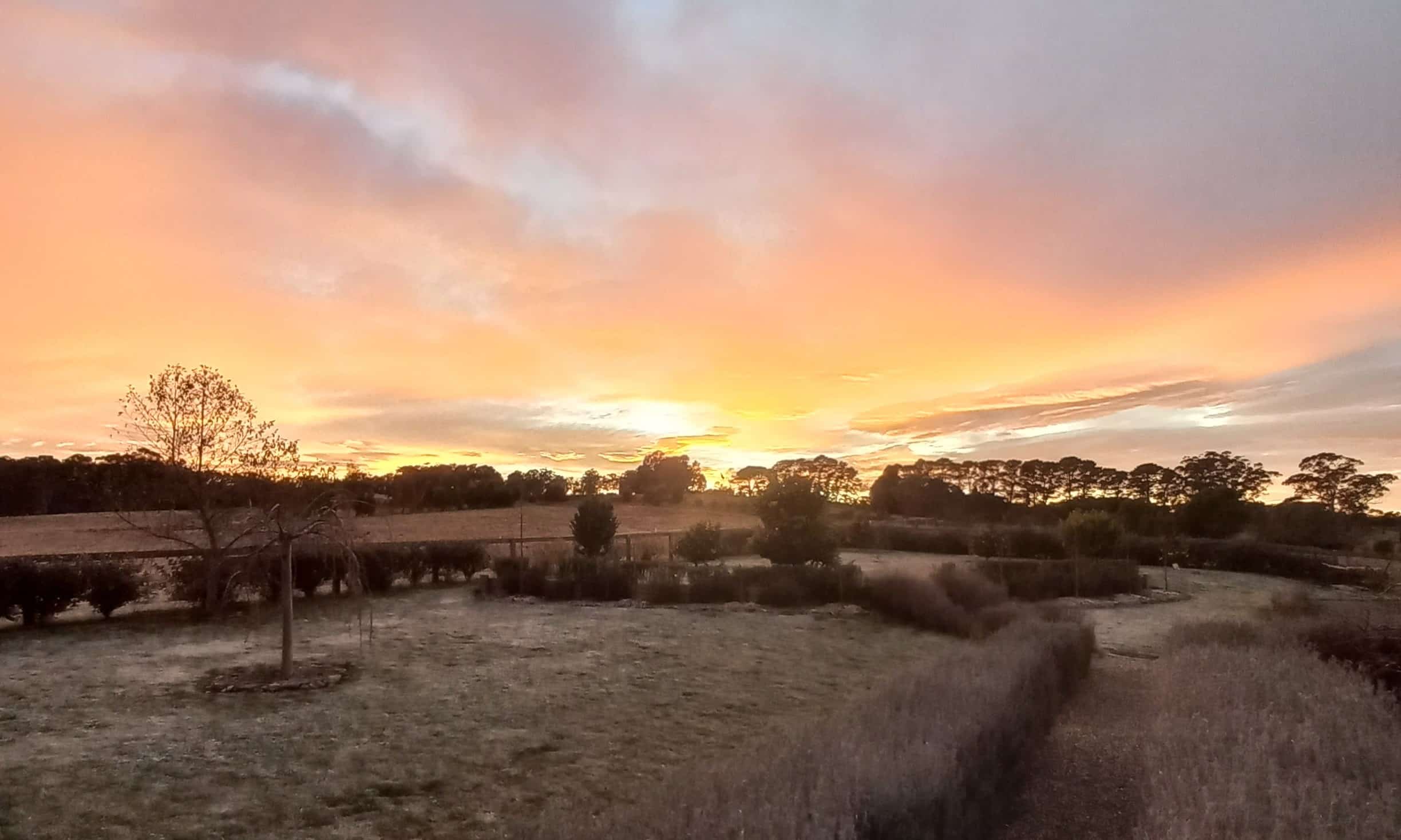
Understanding Trauma and the Impact It Has on Us
The word ‘trauma’ is now regularly used in everyday language in ways that do not reflect its true meaning. It is also used interchangeable with ‘stress’.
So, what exactly is the difference between trauma and stress?
Let’s start with Stress; a reaction to life’s experiences. This may be mental, emotional or physical. When the trigger is gone, we usually return to a state of balance.
Trauma on the other hand is when our system is put into a state of overwhelm. It is the result of more stress than we can cope with. It exceeds our ability to cope with the emotions involved with an experience. Traumatic events may be life-threatening, are always devastating (at different levels) and deeply distressing. Unless appropriately processed, we may not so easily return to a state of balance.
Individuals who have experienced trauma are at a much higher risk of developing addiction and substance use disorders. More sensitive people are more prone.
Traumatic events look different for us all and what affects one may not affect another. This is based on our individual resilience, ie the ability to handle stress.
Society expectations often contribute to the creation of traumatic situations, with people not able/allowed to/feeling safe to openly express their emotions, kids told to “be quiet”, “not now” … any of this sounding familiar?
Statistics indicate that trauma is a common part of human experience here in Australia. Statistics tell us some people are more vulnerable to potential traumatic experiences; this includes but is not limited to people with disabilities, homeless persons, women and children experiencing family and domestic violence.
Trauma can also be passed down intergenerationally through our DNA. This is now well known.
We can break traumatic events into two categories:
- Big ‘T’ traumas might be (the threat of) serious injury, sexual violence, life-threatening experiences. In general, really harrowing situations. These tend to be once-off situations.
- Little ‘t’ traumas most often occur during child and adolescent development. They are highly distressing events that affect individuals but don’t fall into the big ‘T’ basket. They often recur. Eg emotional abuse, loss of a pet, bullying, being neglected or ignored, loss of significant relationship.
Evidence has now concluded that repeat exposure to little ‘t’ traumas can cause more emotional harm than exposure to a single big ‘T’ traumatic event. In fact, minimising the impact of little ‘t’ traumas can result in adverse coping mechanisms, such as bottling up emotions or managing uncomfortable symptoms with substance abuse.
When we explore what lies behind many mental health diagnoses, we will almost always find trauma lurking in the underworld. There are some mental health labels that do not accurately reflect what has happened to that individual. Eg PTSD is not and never has been a disorder. It is better described as PTSI – post traumatic stress INJURY.
Instead of (self-)shaming and (self-)judgement of coping mechanisms, we need to practice (self-)compassion and (self-)forgiveness. There is no blame. To the contrary, we/they are actually showing a highly intelligent survival response.
The good news is that if we can explore the body and unconscious mind, find the underlying cause of a problem, we can heal it and thus bring about change throughout our system. Healing may be for an individual – but will also pass along the past and future generational line.
We are living in a time when healing at so many levels is being effected. What a privilege it is to be alive now.